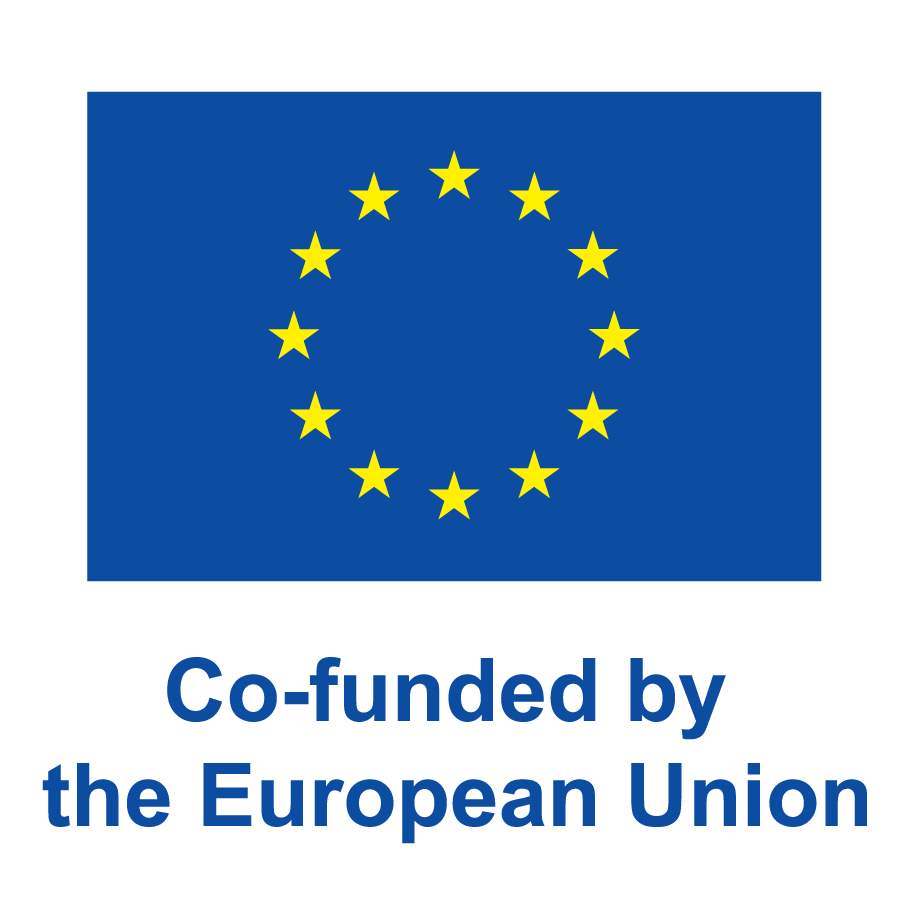ACTIVITIES
1. INITIAL CONCEPTUAL AND METHODOLOGICAL PLANNING MEETING
Our objective is to improve the training of professionals in “new ways of understanding and creating business activities through the activity and techniques of clown in order to promote the social and professional inclusion of immigrants. Gathering the three organizations during a week will allow all organizations to organize the project management dynamic, tools and schedule as well as to design the curricula of clown techniques within the entrepreneural moduls and dynamics.
2. CREATIVITY
The purpose of this activity is to give students the opportunity to connect with their own innate creativity. to work in groups to use existing products and objects to come up with (and then act out) the wackiest inventions they can think of. To implement Active Observation so that they become aware of the environment around them and perceive it in a new perspective. Discovering new ways of learning and connecting with nature and following training modules.
3. ENTREPRENERUSHIP CHALLENGE
Students work in teams to complete a challenge to build the tallest free-standing structure while reflecting on the entrepreneurial mindsets and skills. Also reflect on the mindsets and skills they learned in the Challenge and create posters of an entrepreneurial dream team. They will examine different products from the same category/market, present their findings, and then develop ideas for new products in that same market. The students will work in teams to come up with product ideas and then pitch their ideas to the rest of the class as a quick overview of the entrepreneurial process.
4. IDEA GENERATION
Students pretend to be characters and use an image to prompt ideas of challenges they would face in a specific space. Then, they role play different scenarios to identify solutions. Also they use their imagination to role play as well as use the technique “clown storming” to make a problem worse in order to encourage a wide variety of ideas. They should practice and use clown techniques to think about how to apply in new ways.
5. OPPORTUNITY ANALYSIS
In Opportunity Analysis of an Existing Product, students go through the opportunity analysis process using a real case study to see that entrepreneurs see problems as potential opportunities to develop new products and services. In Mind Mapping the Future, students will consider a future where animal products are banned, employ a mind map to organize their thinking, and brainstorm product or service ideas. In Opportunity Analysis for the Future, students complete an opportunity analysis on the idea they pitched, iterate on their idea based on the analysis, and re-pitch to a ‘consultant’ for feedback.
6. MARKET
Students will write potential market research questions that each business might ask about their market or customer. In Market Research Methods, students will brainstorm different ways to collect information about a market and sort them into either primary or secondary research methods. In Secondary Research, students will examine a fictitious group of entrepreneurs that are developing a new range of healthy snack bars that are targeted at teenagers They then identify potential products, services or business opportunities and carry out secondary market research.
7. PROTOTYPING BUSINESS MODEL
Students will design schemes / products for entrepreneurs in various areas and other need-based interventions based on evaluation of the existing status of entrepreneurs/ related interventions in the city. Study existing schemes / interventions / initiatives / projects, etc. available for benefit of / targeted towards target groups and suggest modifications in design and implementation with the objective of enhancing efficacy. The partnership will be Providing support to the municipality for various initiatives for benefit of entrepreneurs.
8. LOCAL AGENCY SETTING UP
Providing new perspectives for a sustainable future and a future-oriented society to migrant young citizens and contributing to the inclusion of refugees and marginalized young people: this is the focus of the project and its intercultural youth exchanges in Germany throughout the setting up of a local office to promote qualification and entrepreneurship to migrant people in Germany.
